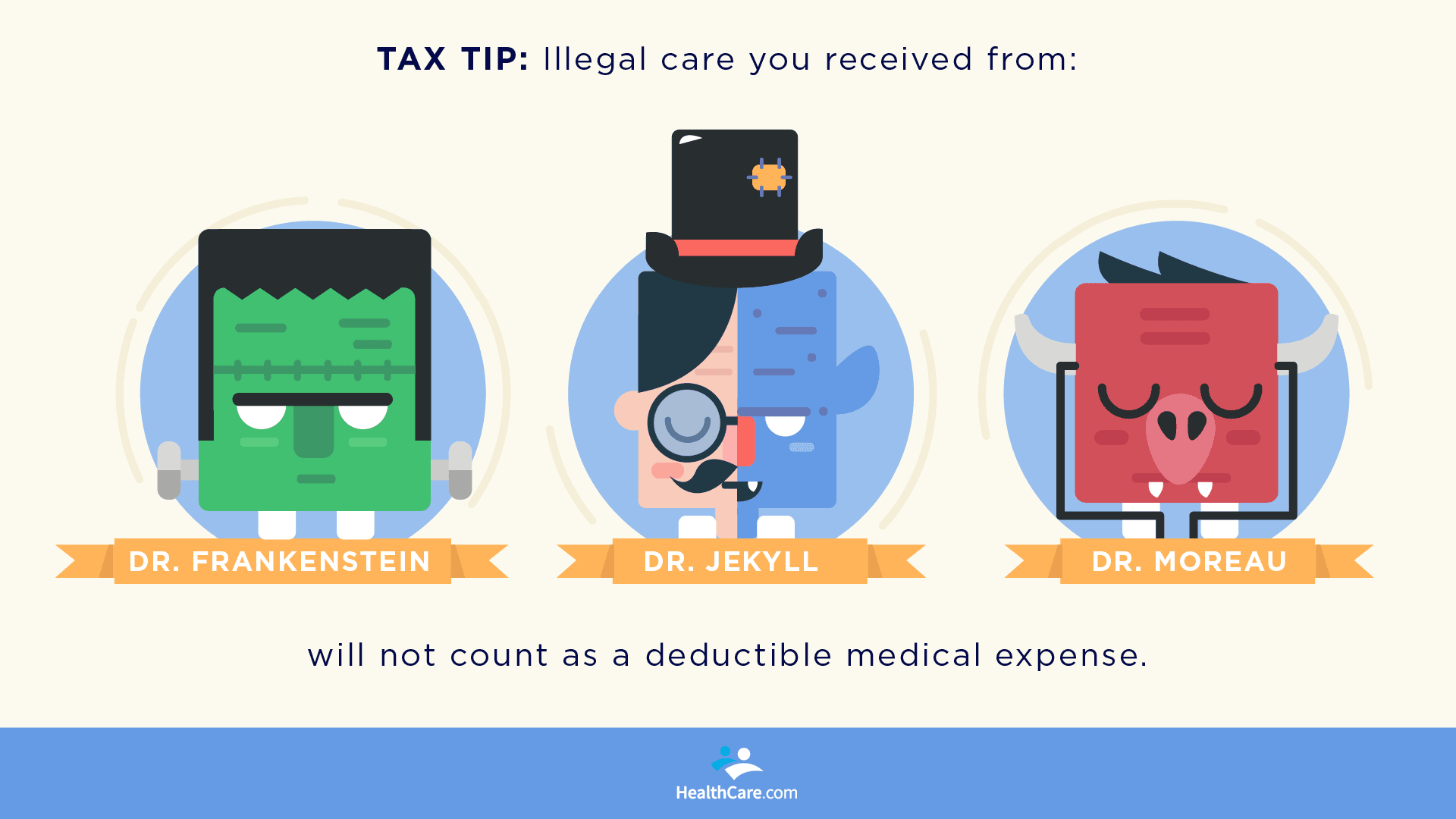

If they add value, the expense is limited to the difference between the cost and the added value (the excess may be used to adjust the cost basis in your home) if there's no increase in value to your house, the entire cost is deductible. However, permanent improvements made for medical reasons may be deductible to extent that they don't add value to your home. It's highly unlikely that we'll need to make any home improvements like adding a ramp or a installing a support bar in the bathroom. If so, any costs not picked up by insurance would be deductible if paid out of pocket. When Dad returns to the house, there's a chance that he might need the use of a hospital bed (we're still working on this one). The cost of an item ordinarily used for personal purposes isn't deductible unless it is used primarily to prevent or alleviate a physical or mental defect or illness (and no, promising my dad that reading my article in Forbes might help to put him to sleep doesn't count).

Sadly, he may not deduct the cost of the latest issue of Forbes that I brought by for reading material nor the "Big Bang Theory" writing pen my brother picked up at the store, as neither was purchased by him or prescribed by his doctor. There's no fee for parking at the hospital but if there were, that would be deductible. It also includes charges for his luxurious hospital accommodations and his meals (though the cost of a liquid diet at this point can only be so much).ĭad's travel mileage to and from the hospital is also deductible it's 23 cents per mile for 2015 if you opt for the standard medical mileage rate or they could use the actual expenses method. That's the case for all medications: over-the-counter medications are not deductible as a qualifying medical expense unless prescribed by a doctor (a narrow exception applies to insulin and diabetic supplies). It also includes his medications - even the Mucinex for his lungs which though you can buy it over-the-counter at the pharmacy is deductible because, in this case, it's prescribed by a doctor. That includes his co-pays and services provided by his doctors and nurses. With respect to my dad's hospital visit, all of the expenses paid by my parents - and not reimbursed by insurance - for my dad's care while in the hospital are deductible. So, assuming they can claim the deduction, what gets covered? Beginning in the tax year 2017, the 10% threshold will apply to everyone, including those over 65. Those senior taxpayers, like my dad, can continue to deduct total medical expenses that exceed 7.5% of your AGI through the 2016 tax year (this is true for married taxpayers even if just one of you is age 65 or older). However, written into the law was a temporary exemption for taxpayers age 65 and older. If, however, their total medical expenses were $5,000 for the year, they could deduct $1,250 ($5,000 less $3,750 = $1,250).īut wait, you ask: why 7.5%? Didn't that medical floor increase as a result of Obamacare? It did for most taxpayers: most taxpayers have a 10% floor for 2015.

If their total medical expenses were only $2,000 for the year, that means that they would not receive any deduction ($2,000 less $3,750 is not more than $0). That would mean that they could deduct expenses which exceeded $3,750 (7.5% of $50,000). My parents itemize their deductions so they can deduct out of pocket expenses they pay for medical care which exceed 7.5% of their adjusted gross income.


 0 kommentar(er)
0 kommentar(er)
